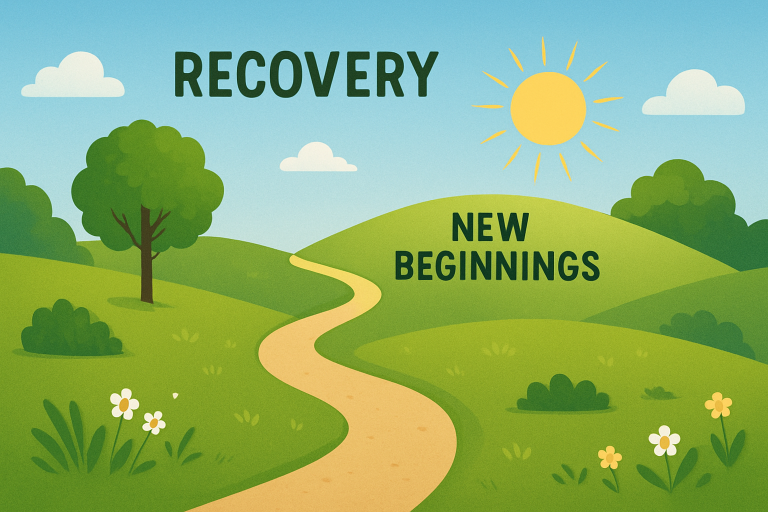
Healthy Pathways Toward Addiction Recovery
Embarking on the journey to overcome addiction is a courageous step toward a healthier, more fulfilling life. For many, finding the right support and treatment is crucial. Understanding that recovery is a deeply personal endeavor, individuals are empowered by a variety of treatment approaches. Recovery isn’t about a one-size-fits-all solution, but about identifying the methods and support systems that align with each person’s unique story and struggles. With access to multiple pathways, there is hope for everyone, regardless of their current stage on the journey. The evolving landscape of addiction treatment means that recovery can increasingly fit into daily life, supporting individuals to heal while maintaining connections to families, workplaces, and communities. By embracing a spectrum of traditional and innovative approaches, those seeking recovery can find comprehensive guidance and care. This article outlines the various facets of addiction recovery, highlighting established therapies, the importance of peer support, technological advancements, and the vital role of community involvement. Whether you are starting your journey or searching on behalf of a loved one, knowing all the available resources improves the potential for lasting change.
Understanding Addiction Recovery
Addiction recovery involves ongoing physical, emotional, and psychological change, focusing on rebuilding a life free from dependency and finding new purpose. The journey varies for each person, so recognizing individual needs is key. Flexible support and guidance help reduce barriers, promote accountability, and boost motivation. Seeing relapse as part of the process is essential—setbacks aren’t failures but chances to learn. Professional programs, such as those offered through drug rehab, provide structured environments that foster healing and long-term recovery. Approaching recovery with compassion and patience strengthens resilience.

Traditional Treatment Methods
Conventional methods are still crucial in recovery. Detoxification offers a safe withdrawal process. Inpatient rehab provides structured, 24/7 care. Outpatient counseling allows recovery while maintaining daily responsibilities. Traditional approaches combine medical oversight with therapies like cognitive-behavioral therapy and motivational interviewing to address addiction causes, co-occurring issues, and relapse prevention.
Alternative Approaches
The last decade has seen an increase in recovery pathways catering to diverse lifestyles and needs, offering more autonomy and reducing inpatient stigma. Approaches like art therapy, holistic practices, and faith-based models focus on individual preferences and cultural values. Expanding options helps more people find relatable models that inspire their healing.
The Role of Peer Support
Peer support networks are a cornerstone of successful recovery. Sharing experiences with those who have firsthand knowledge of the challenges of addiction creates a powerful sense of community and accountability.
Research consistently shows that peer-supported education and mentorship significantly reduce isolation and prevent relapse. The encouragement, empathy, and knowledge contributed by those with lived experience can empower others to persevere and build confidence in their ability to live a substance-free life.
Importance of Life Skills in Recovery
Achieving and maintaining long-term recovery requires more than stopping substance use—it involves developing essential life skills. Effective programs encourage growth in areas such as financial management, career readiness, healthy relationships, and communication. Skills-based training restores agency, helps individuals rebuild or find new employment, and strengthens connections within families and communities. Programs that offer practical training and real-world applications provide those in recovery with a foundation for sustained success and well-being.
Technological Innovations in Recovery
Rapid tech advances have changed access to support and resources. Mobile apps like “Addict Free” utilize predictive analytics to anticipate triggers, suggest alternative activities, and connect users with crisis support through their smartphones. Online communities and virtual therapy make care more accessible for rural or underserved areas.
Conclusion
Recovery from addiction is an ongoing process that demands persistence, self-discovery, and support. From traditional treatments and alternative approaches to strong peer networks, essential life skills, and the integration of digital tools and community resources, there is a pathway for everyone seeking a life free from addiction. By staying informed about these options and engaging in comprehensive, compassionate care, recovery becomes not only possible but sustainable for the long term.


Average Rating